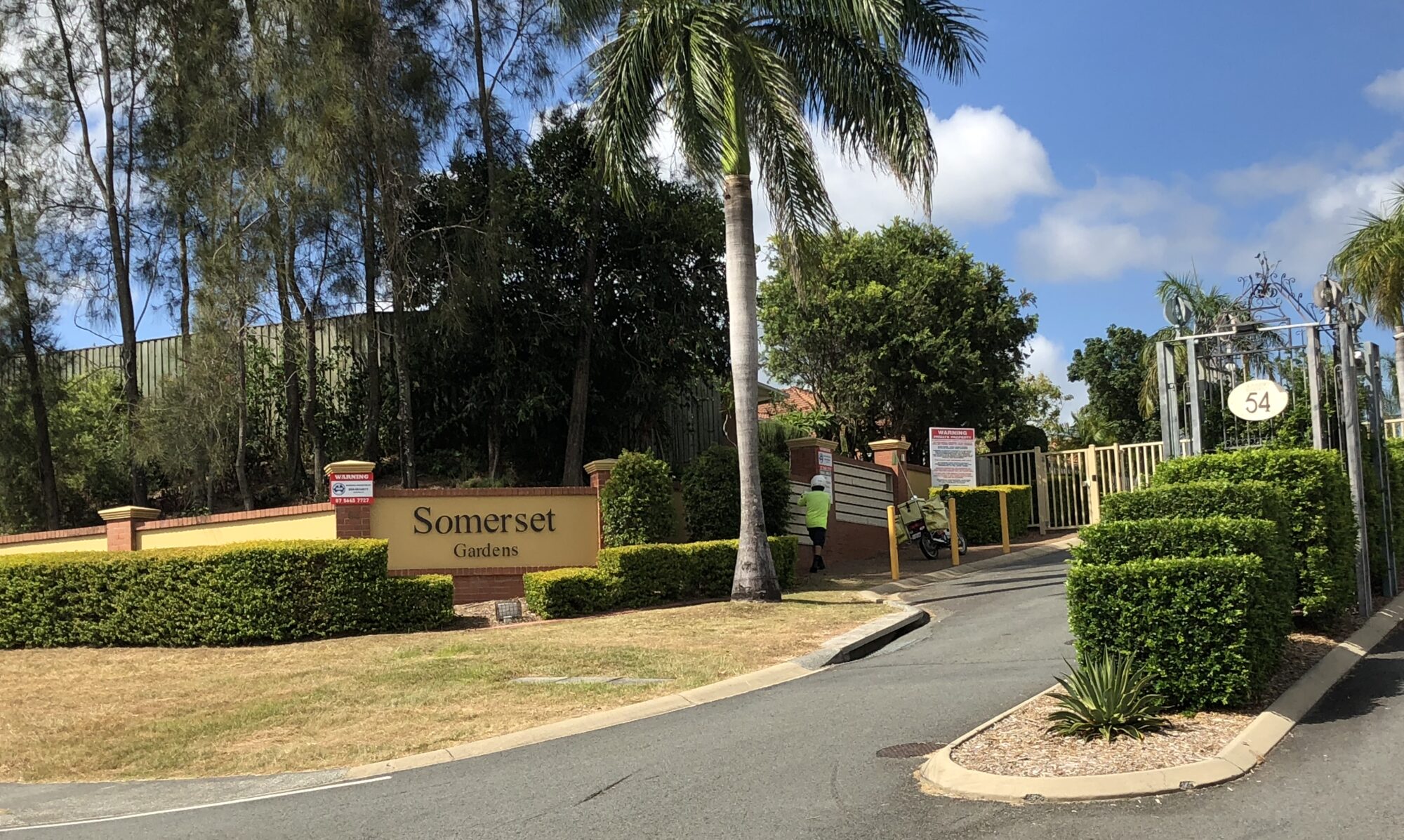What happens if a committee member does not do their job?
All voting committee member should be aware of:
- section 101B(2) that says
“On becoming a committee voting member, the person is taken to have agreed to comply with the code of conduct.”, and
- schedule 1A of the BCCM Act, particularly point 4 , that reads
“A committee voting member must take reasonable steps to ensure the member complies with this Act, including this code, in performing the member’s duties as a committee voting member.”, and
- schedule 1A of the BCCM Act, in point 3 that reads
“A committee voting member must act in the best interests of the body corporate in performing the member’s duties as a committee voting member, unless it is unlawful to do so.”
- schedule 1A of the BCCM Act, in point 2(1) that reads
“A committee voting member must act honestly and fairly in performing the member’s duties as a committee voting member.”
- section 101B(3) of the BCCM Act that says
“If a committee voting member breaches the code of conduct, the member may be removed from office in the way prescribed under a regulation.”
- Section 37(1) of the BCCM (accommodation module) Regulations 2020, that says
“For section 101N(3) of the BCCM Act section prescribes the way a voting member may be removed from office for breaching the code of conduct.”, and
- Section 37(2)(a) of the BCCM (accommodation module) Regulations 2020, that says,
“A body corporate may begin the process to remove a member only by deciding, by ordinary resolution, to give the member a written notice stating each of the following matters (a) that the body corporate believes the member has breached a stated provision of the code of conduct”.
- Under section 97 of the BCCM Act , the body corporate cannot delegate any decisions that require resolution of the body corporate, Therefore, as section 37(2)(a) requires an ordinary resolution, if cannot be decided by the committee and has to be decided by a motion at a general meeting the body corporate.
- The way that a committee puts a motion before a general meeting is detailed in section 76 of the BCCM (accommodation module) Regulations. Those regulations require that the committee MUST, under section 83(2)(a)(i) of the Regulations, prepare and agenda with any motions submitted by the committee, and the secretary MUST prepare voting papers for all open motions to be decided at the general meeting, under section 78(1) of the Regulations
Practically this means is that an allegation of a contravention of the code of conduct could come to the attention of the committee in the following ways:
- A lot owner send discussion to the secretary, who raise a motion at a meeting (remembering in the case of the decision not being made relating to issuing a section 182 or 183 notice, any lot owner still can submit form 1 under section 185(2)(a) and the decision is back before the committee, and failing to make the decision, send it to the commissioner, who would then make any decision about having a general meeting to decide if a section 37 notice should be given,)
- A committee member raises a motion about such an allegation in a meeting,
- A lot owner send a section 50 motion to be considered by the committee
- A lot owner puts the a motion for a section 37 notice to a body corporate meeting under section 76
If any of these reports presents:
- the circumstances of the contravention of the code and
- details sufficient to identify the contravention of the code.
The committee has to make a decision. Under the section in 100(5) of the BCCM Act:
“The committee must act reasonably in making a decision.”
The reasonable action is to put a motion for a section 37 notice to a body corporate meeting.
If the committee fails to do so a dispute can be raised, an application made under chapter 6 with the commissioner, and the likelihood is that an order would be made by the commissioner to submit such a motion to a general meeting to decide if a section 37 notice should be given.
Any committee member who vote against such a motion would be contravening points, 3, and 4 of the code of conduct, and under section 101B(3) of the BCCM Act, should have action taken to be issued a notice under Section 37 of the BCCM (accommodation module) Regulations 2020
That could lead to any another committee member lodging a dispute with the committee (under the definition of what a dispute is under section 261(1)(e) and an application under chapter 6 to the commissioner.
